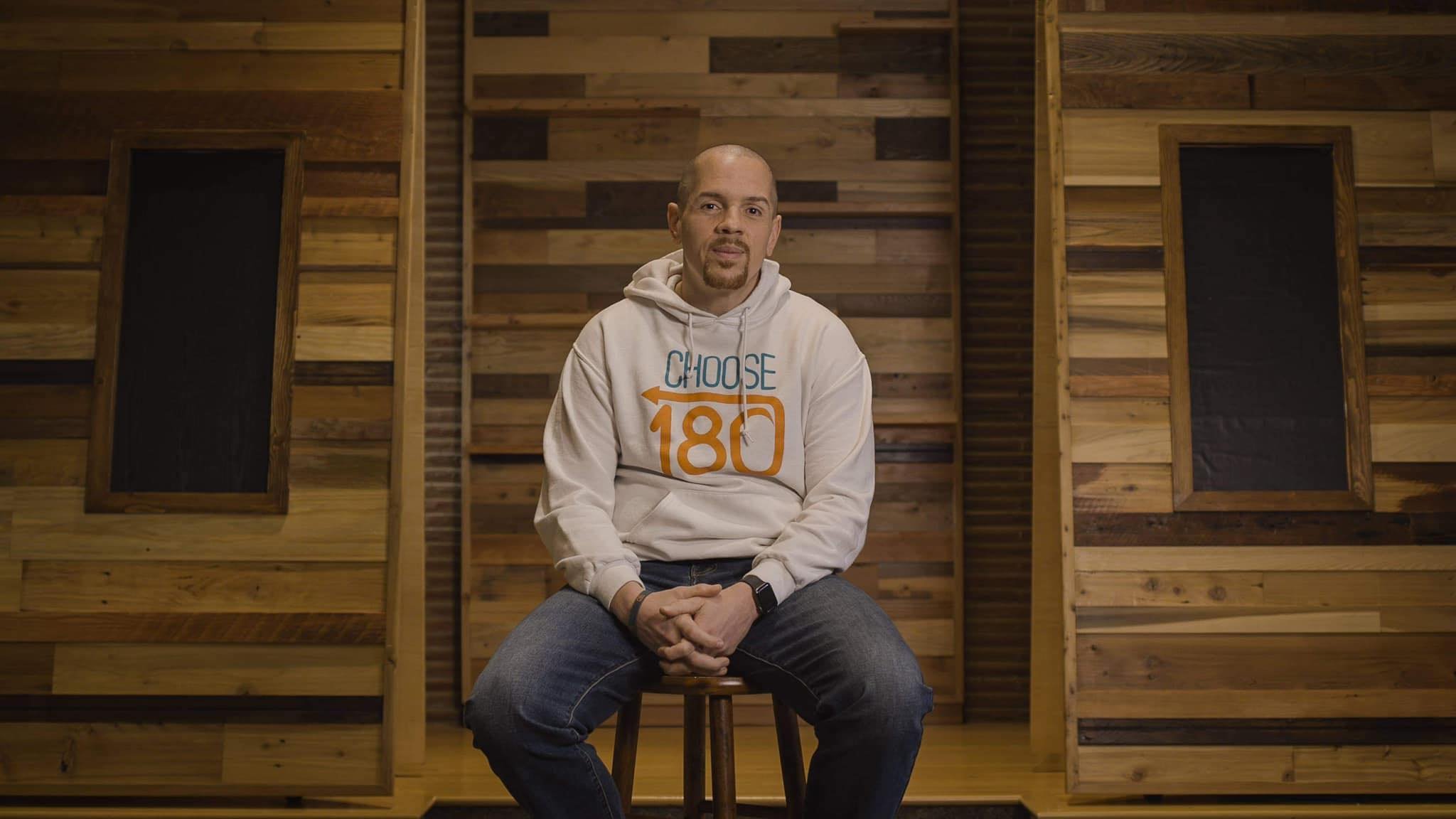Choose180 raises staff min wage to $70,000 a year and raises expectations for funders and non-profit organizations
Burien, WA, November 15, 2021 – CHOOSE 180 announced wage increases and a minimum salary of $70,000 for all staff members effective immediately. A nonprofit organization in King County, WA, CHOOSE 180 transforms systems of injustice and supporting youth in communities in lieu of engagement with the criminal legal system. To create healthy, thriving communities, the organization advocates for improving material conditions.
“Paying people a living wage isn't an act of generosity, it is a response to their humanity,” said Sean Goode, CHOOSE 180 Executive Director.
Sean Goode is the Executive Director at Choose180 (Photo Choose180)
Between the high cost of living in King County and the historically low wages of the nonprofit industry, the people serving at the community level are commonly underpaid for doing critical, life-saving work. Nonprofits can cause harm to those on their staff by providing inadequate wages, forcing staff to choose between a career in serving others and having financial stability.
The organization conducted a thorough compensation review and found the need to change the material conditions for all staff members. Leadership increased the organization's wages to ensure a minimum salary of $70,000 to align with similar positions in for-profit industries in the area. CHOOSE 180 is calling for a shift in values, recommending that nonprofit organizations assess their own standards and adequately compensate their staff for providing direct services to their communities.
CHOOSE 180 is celebrating its tenth year on the journey toward justice and is thrilled to offer wages that can help alleviate debt, support the local economy, and build generational wealth to narrow the racial and gender wealth gap.
About CHOOSE 180
CHOOSE 180 transforms systems of injustice and supports the youth and young adults impacted by those systems. It envisions a future where youthful behavior is decriminalized and young people are offered restorative practices in lieu of traditional prosecution. In place of the school-to-prison pipeline, a community will exist to help young people realize their potential and provide them with the tools necessary to achieve their goals.


